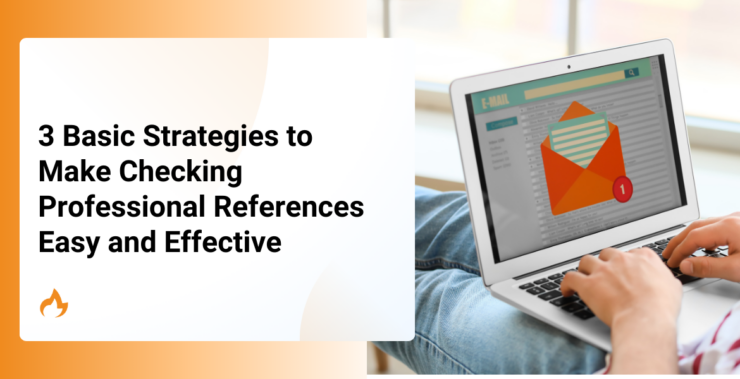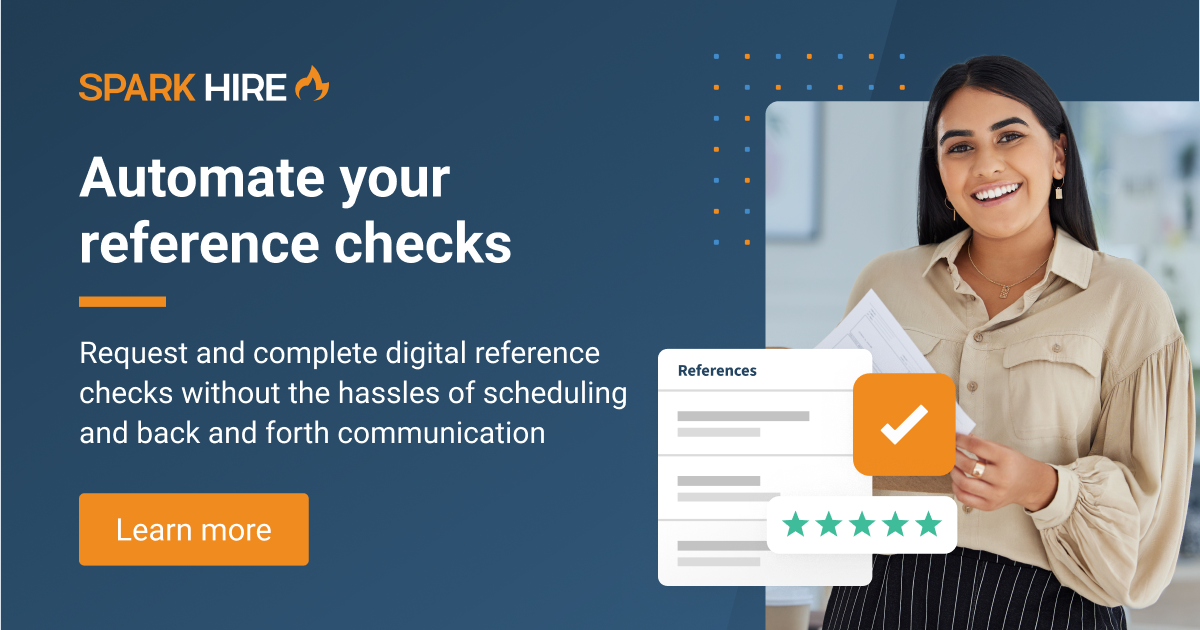To keep turnover rates low and ensure that each hiring decision you make is a wise one, it’s necessary to check professional references. Doing so helps you to get a more three-dimensional look at this potential employee. You’ll have a better understanding about what they could bring to your office, and may also become aware of any challenges that you may face should you choose to make them an offer.
Here are a few basic strategies to use as you check professional references:
Skip over personal references entirely
It should be a requirement that all references come from someone who has employed this individual in the past. If this person is new to the workforce and hasn’t had direct experience yet, talk to someone who worked with them in a volunteer setting or during an internship. It’s almost impossible to get valuable and objective feedback from a person’s family, friends, and even acquaintances, so skip these references.
Prioritize references that worked closely with the candidate
When you’re calling for references, you want to talk with someone who has worked closely with this person on a day-to-day basis. This will give you a more accurate picture about how your potential hire solves problems, interacts with others, and stays focused throughout the week. Don’t be afraid to ask exactly how closely this person interacted with your potential employee either. All of this information can help to shape your perspective.
Pay close attention to hidden red flags
Sometimes it’s what the reference doesn’t say about your candidate that tells you everything you need to know.
On the phone: As you’re discussing the candidate you have in mind, listen for any strange pauses, shifts in tone of voice, or other non-verbal cues. These subtle signs may indicate dissatisfaction with the former employee’s performance or other issues, even if the person doesn’t come right out and express these sentiments.
A discussion with someone who has seen a potential employee at work can help shed some light on whether this individual would truly be a good fit for your office. Even if you’re trying to move the hiring process along, it’s important to take time to call professional references before making a decision.
Reference survey: Hidden red flags on a reference survey may not be immediately apparent but could signal potential concerns about a candidate. These subtle indicators require careful consideration and may include:
- Ambiguous Responses
Vague or ambiguous responses from references, especially when discussing specific skills or experiences, may indicate a reluctance to provide candid feedback. - Reluctance to Recommend
While a reference might offer positive feedback, a reluctance to explicitly recommend the candidate can be a subtle signal of reservations. - Lack of Enthusiasm
If the reference lacks enthusiasm when discussing the candidate’s strengths or accomplishments, it might be an indication of a less-than-ideal working relationship. - Limited Detail in Responses
Brief or vague responses that lack specific details about the candidate’s contributions, achievements, or work style could suggest a lack of firsthand knowledge or a reluctance to provide detailed information. - Delay in Returning the Survey
If there’s an unusual delay in receiving the completed reference survey, it could be a sign that the reference is taking extra time to carefully consider their responses. - Contradictory Information
Inconsistencies between the information provided in the reference survey and other parts of the candidate’s application or interview responses may raise concerns about the accuracy of the information.
While these hidden red flags may not be conclusive evidence of a candidate’s unsuitability, they should prompt further investigation and consideration during the hiring process.
From leveraging technology to streamline communication with referees, to crafting targeted questions that unveil crucial insights about a candidate’s performance, these strategies aim to make the reference-checking journey both efficient and insightful.
By adopting these methods, organizations can not only navigate the reference-checking process with ease but also extract valuable information that contributes to informed hiring decisions, ensuring the recruitment of candidates who align seamlessly with the company’s objectives and values.












